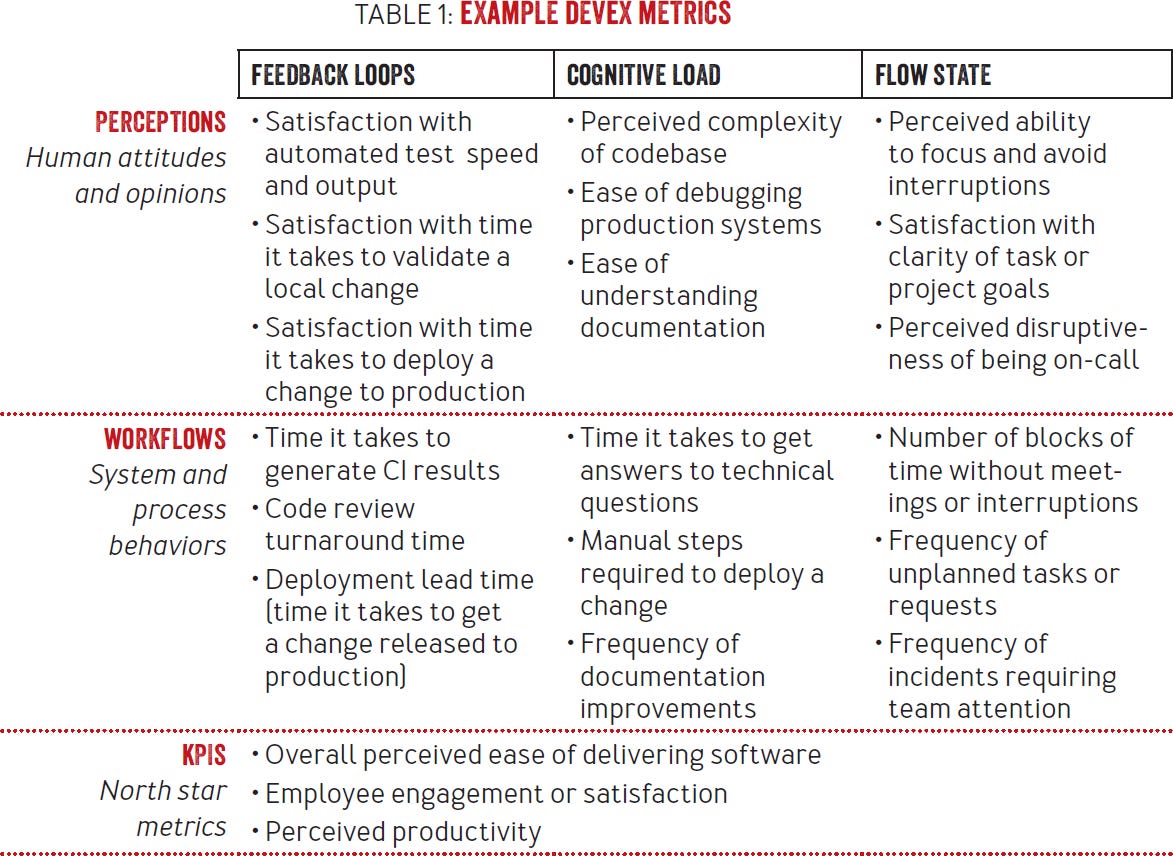
What are your goals this week?
Chances are you are an industry standard over achiever. Which means you have more on your to-do than you could possibly accomplish this week. I get it, it’s hard to say no. This isn’t about life coaching (that’s next week!).
This week let’s look into which part of your weekly goals can be automated.
Tasks: Manual, Exploratory, Assessment
Exploratory tasks is where you need to be fully present. These take creativity. Intuition.
Assessment tasks are intellectual. Logical. A or B. You are weighing in ways hard to express with a formula.
The manual tasks are what you want to automate. These are basically human-controlled inputs to a box that run on your computer or in the cloud.
Everyone in tech needs to do that one big exploratory or assessment task.
Yet — you fill up your todo list with manual tasks.
Ever catch yourself being busy with a task that is less important compared to what you’ll be doing after you’re done with it?
Yes, those tasks.

Automate Tasks That Do Not Require "Smarts"
The number one predictor of well-being on a tech team is enablement provided by good tooling. In short: DevEx.
eBay's investments in DevEx continue to drive developer velocity and further accelerate progress toward establishing software delivery as a competitive advantage. In the past year, improvements enabled developers to release twice as frequently, and have resulted in a reduction of six times in deployment lead times.
I know 80% of you don’t click those links. So here’s the important data from it by the example given in the article — Table 1.
Let’s simplify this further:
Feedback Time
Cognitive Load
Flow
Measured in two manners objective and subjective.
The objective ones you measure with modern techniques like DORA and SPACE metrics.
The subjective ones — surprise, ask your team.
But there’s a problem: giving you useful, actionable answers is hard on them. So if they suspect you’re not going to take it seriously they’ll remain silent. This is the dreaded negative regression loop. Every tech team can end up like this. Many are already there.
This is the self-inflicted limiting cynicism that I mentioned on my visit to Jonathan Stark’s podcast Ditching Hourly.
No engineer wants to be annoyed by the process involved with testing, exploring, building and then releasing features. Further, if they do happen to be annoyed, they don’t want to be interrupted in this state. Look back on your week. It’s Wednesday now. Has this happened to you? Has this happened in your team?
Instead, focus on clarity and joyful, small victories. For a product that will last longer than a month strive to have meaningful improvements done by a single pair of ICs in under two hours. Without them chasing down rabbit holes.

Big and Small
Here’s a list of large things you can make less annoying:
PR merge procedure
Testing suite
Docker files
Documentation and modeling process (event modeling to the rescue!)
Sprint planning
Support ticket triage
Estimation triage (stop estimating everything if you’re constantly busy)
Database Setup and Migrations
Testing on fake staging environments (rather than acceptance testing on production and dev machines)
And the small things to improve your flow and feedback cycles:
Bash aliases for your long commands that you often misspell (docker-compose, git commit —amend, …)
Close your emails, jira, mute your unimportant slack channels. Stop doom-scrolling your ticket management system
Time-block important tasks, including your solo focus times (Use pomodoro!)
Make your exception messages meaningful and context-rich
Make your test failure messages helpful
Create automated health and acceptance checks to make sure your deploys are safe (rather than opening in the browser and hitting F5 constantly)
And crucial: increase your typing speed to 100 WPM.
The average speed of a developer is 40-70 WPM with 96% accuracy.
You don’t have to type super fast. But if you type below 50 WPM— oh my god every time you touch the keyboard it’s like hell freezing over.
More on time management on Luca’s Refactoring newsletter:




